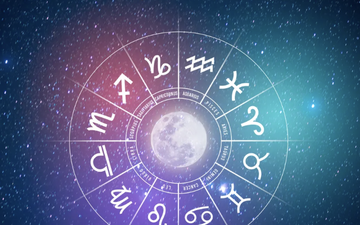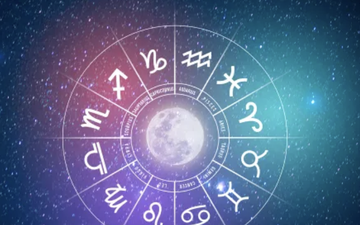
To many, the idea that "all parents love their children" may seem like a universal fact or an absolute truth, but sometimes it just doesn't happen. Some parents try and can not love their children. Some never try to love them.
"Not to love" does not necessarily mean to hate. The gray space encompasses that massive chasm between love and hate, including other feelings that are neither so nor so.
And no, love cannot be chemically tested, seen or certified. Thus "dislike" is unproven. He said / she said / they said: Who counts as a credible witness?
What does dislike look like?
Dislike does not always seem like cruelty or abuse. Often it is simply a lack, like oxygen or protein, that silently deprives offspring not only of open love, but of empathy, confidence, approval, balance, support, a sense of security, and / or self, permission to exist.
How many people grow up never realizing they are hungry, why are they starving or why?
We would like to easily identify parents who "do not want". We could create a typical model of what this parent looks like, but life is more complicated than that. Love is ultimately just a given feeling, but not universal, ubiquitous, permanent or guaranteed.
Not all parents who do not want or do not know how to love, are terrible beasts. Some are. But some do not. Some are tortured, suffering, trapped, empty, sick, and / or unable to love anyone, sometimes even themselves.
Maybe parenting turned out to be extremely difficult for them. Maybe they had hoped that having children would repair their partnerships, offer a sense of purpose - but it did not happen.
Po sikur të jemi fëmijët e këtyre prindërve? Po sikur të jemi ato aksidente, ato plane të gabuara, ato shpresa të thyera? Po sikur të jemi eksperimentet e tyre të dështuara?
Studimet tregojnë se dashuria e nënës shton rritjen e hipokampusit dhe dashuria atërore ushqen fuqimisht besimin, vetëpranimin dhe shëndetin mendor të fëmijëve.
Pavarësisht nëse na është thënë apo jo drejtpërdrejt, se "ne s'mund të na dojë njeri", në njëfarë niveli, ky sinjal arriti tek ne dhe ne filluam të ndiheshim, të shëmtuar, të huaj, të çuditshëm. Ndodhi kur ata s'na shihnin në sy kur ishim fëmijë apo kur nuk na thoshn "Çdo gjë do shkojë mirë".
The signal came to us when the warmth of the parents was not for sure, but a "reward" for proper performance, when they called us "loser, fool" or when they did not tell us anything because they were not present.
A good portion of these children inadvertently turn these signals into a worldview, a sovereign identity or "fact." They have believed what they were told and perhaps, even today, blame themselves for every evil that happens without knowing it is not their fault. It was not even then.
Adapted from Psychology Today





